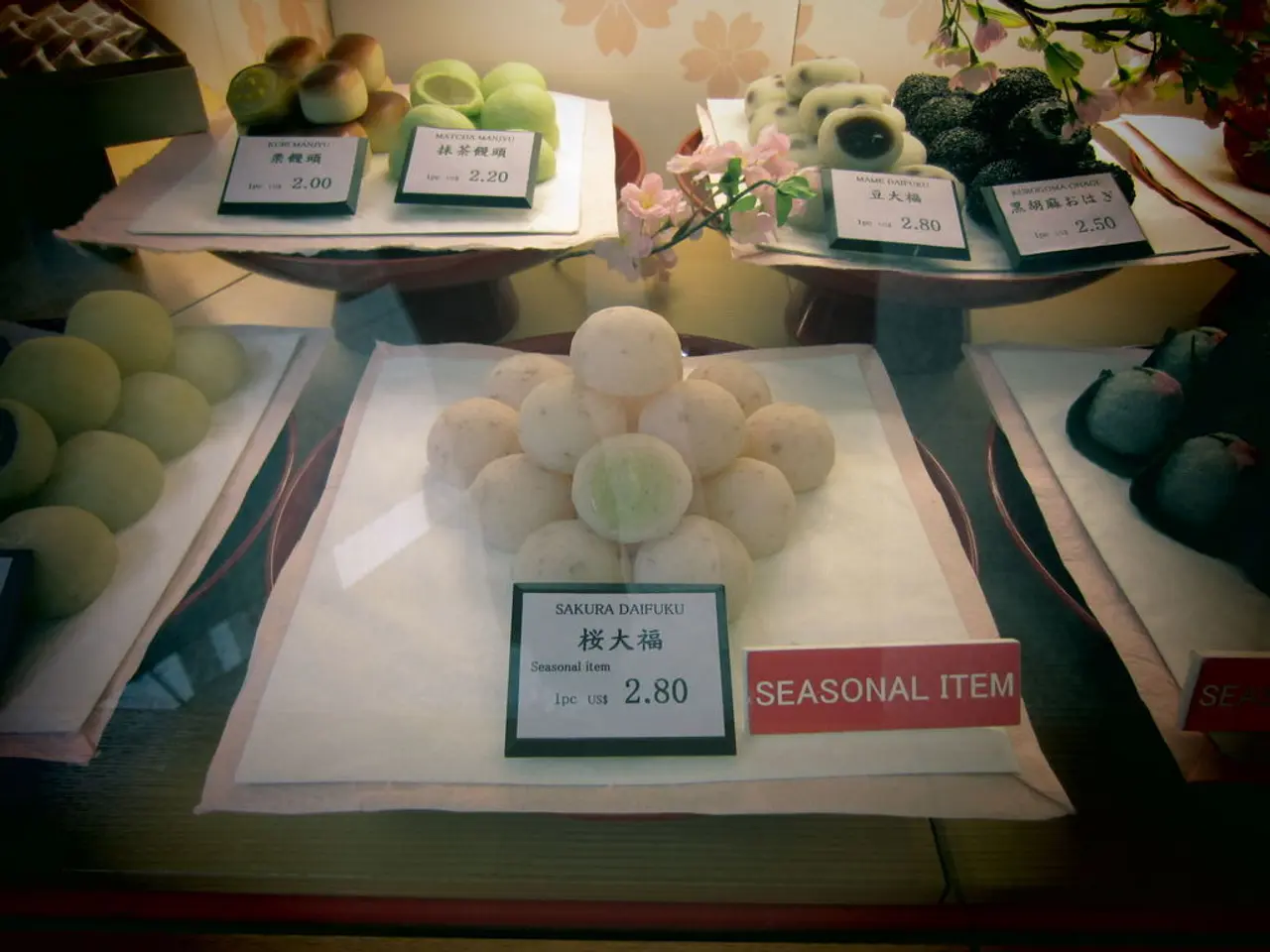Russian lawmakers aim to cap prices on 25 essential social goods
In a bid to protect consumers from soaring food prices, Sergei Mironov, chairman of the "Fair Russia - For Truth" party and State Duma deputy, has proposed a new legislation aimed at setting legal limits on price markups for essential food products.
According to Mironov, the proposed legislation would restrict the price markup on a list of approximately 25 essential food products, including beef, pork, lamb, poultry, unprocessed frozen fish, butter, sunflower oil, drinking milk, chicken eggs, granulated sugar, table salt, black tea, wheat flour, rye and rye-wheat bread, wheat flour bakery products, polished rice, groats, buckwheat, potatoes, pasta, fresh white cabbage, onions, carrots, and apples. The markup on these products in any trading point should not exceed 15% of the wholesale purchase price.
This proposal comes in the wake of rising food prices, with Mironov citing an increase of 20% in the price of ordinary vanilla ice cream over the past year. In parks and other popular family recreation spots, the cost of ice cream starts at 200-250 rubles. The average price of ice cream in stores is now almost 120 rubles, leading to concerns among consumers. Mironov has received letters from citizens complaining about the rising prices.
Mironov has also suggested setting a cap on the "overcharge" from the wholesale price for ice cream. However, it is not clear when or how this proposal would be implemented. It is also unclear whether the authorities have responded to Mironov's proposal or whether other political parties or organizations support it.
The Fair Russia - For Truth party's proposal seeks to enforce transparency and limit arbitrary price hikes, aiming to provide affordability during economic uncertainty. This aligns with their broader social justice and consumer protection policies.
While detailed numeric limits or implementation mechanisms are not fully publicized, the party's position clearly supports legislative controls on price markups for staples as a key economic fairness measure, especially amidst inflationary pressures in Russia. For the most precise details, monitoring official Russian legislative releases or announcements from the Fair Russia party would be necessary.
- The proposed legislation by the Fair Russia - For Truth party, if passed, could potentially impact various sectors, such as the retail and finance industries, as it aims to regulate price markups for essential food products.
- This move in Russian politics, led by Sergei Mironov, is a response to general-news issues, including soaring food prices, and serves to protect consumers and promote business transparency.
- If successful, this new legislation could influence the cost of business operations within the industry, particularly for companies dealing with items like ice cream, potentially cascading to the prices consumers pay in the retail sector.




